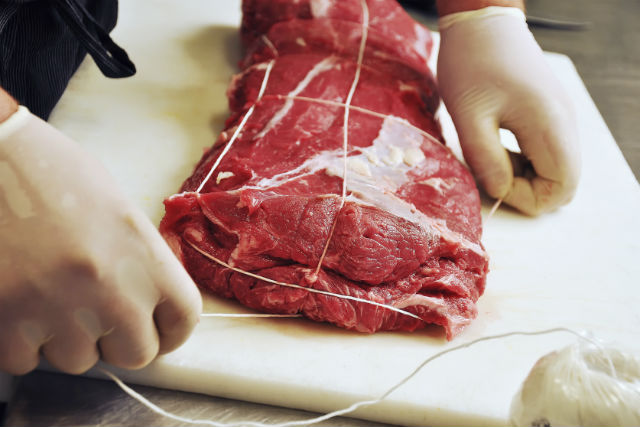Commentary on Parashat Re'eh, Deuteronomy 11:26-16:17
In every society of which we have knowledge, Jews have differed in certain consequential ways from their neighbors. For example, throughout history a higher percentage of Jews have been literate, an outgrowth of biblical and talmudic laws mandating education.
What about the universally lower levels of violent crime committed by Jews? Is this likewise attributable to Jewish laws?
So it would appear. In addition to being affected by biblical and Talmudic laws prohibiting violence and teaching that human life is of infinite value, much of the visceral Jewish abhorrence toward bloodshed might be an outgrowth of a ritual discussed in this portion: “But make sure that you do not partake of the blood [of an animal whose meat is being eaten]. For the blood is the life, and you must not consume the life with the flesh.” (Deuteronomy 12:23) To the Jews, consumption of any blood, animal or human, has always been viewed as vile (although it was widely practiced by their Near Eastern neighbors) and is the oldest dietary prohibition in the Torah (Genesis 9:4).
It would seem, therefore, that the uniquely Jewish practice of draining blood from meat (both at the time of slaughter and via salting) has had a profoundly moral impact on its practitioners. Is it a coincidence that so strong an abhorrence to consuming blood led to strong abhorrence to shedding it? Indeed, the laws mandating the draining of blood serve as a reminder of how an unusual, perhaps even awkward, ritual can sensitize and raise the moral level of an entire people.
With your help, My Jewish Learning can provide endless opportunities for learning, connection and discovery.
Provided by CLAL: The National Jewish Center for Learning and Leadership, a multi-denominational think tank and resource center.
Torah
Pronunced: TORE-uh, Origin: Hebrew, the Five Books of Moses.
Talmud
Pronounced: TALL-mud, Origin: Hebrew, the set of teachings and commentaries on the Torah that form the basis for Jewish law. Comprised of the Mishnah and the Gemara, it contains the opinions of thousands of rabbis from different periods in Jewish history.



